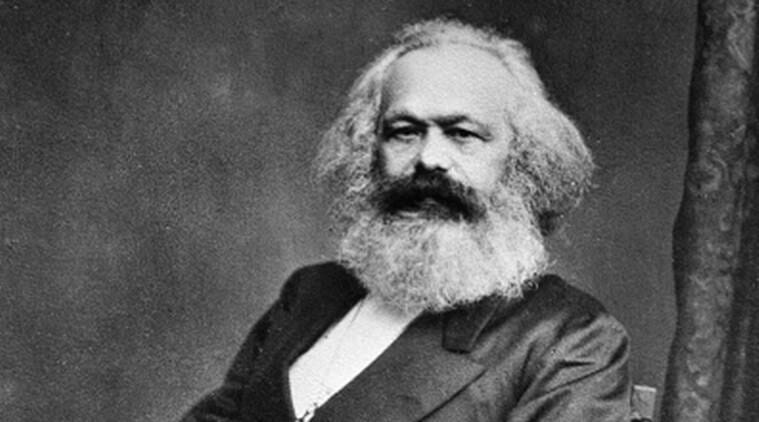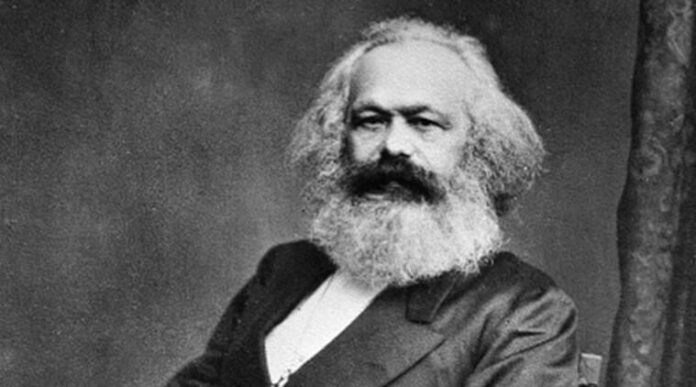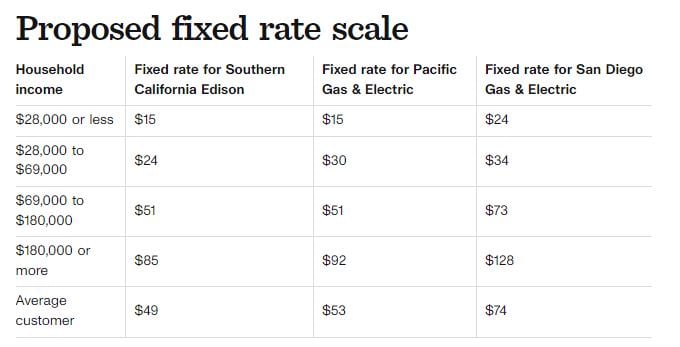
“From each according to his ability, to each according to his needs.”
A new law in California will force those who make more money to pay more for their electricity.
Under the new rules, higher-income earners will pay seven times more than low-income earners.
“If you live in California, how much you pay for electricity will soon be tied to much you earn. A state law passed last summer requires the California Public Utilities Commission, or CPUC, to approve a pricing structure that incorporates a flat fee with a sliding scale based on… pic.twitter.com/un8QTc4bhQ
— Chief Nerd (@TheChiefNerd) June 10, 2023
CNET reported:
If you live in California, how much you pay for electricity will soon be tied to much you earn. A state law passed last summer requires the California Public Utilities Commission, or CPUC, to approve a pricing structure that incorporates a flat fee with a sliding scale based on income.
Currently, Californians pay for the energy they use and the cost of upgrading the grid, settling lawsuits related to wildfires and providing assistance to low-income customers is built into the per-kilowatt-hour price.
Under the new system, however, funds for these programs would come from “income-graduated fixed charges.”
It’s an unprecedented move: In an April blog post, energy economist Ahmad Faruqui said more than 170 investor-owned utilities nationwide incorporate a fixed rate — the median being $10 and the highest $40.
None has an income-based component.
Earlier this year, The Gateway Pundit reported that California electric companies proposed fixed-rate bills based on income.
Southern California Edison, Pacific Gas & Electric, and San Diego Gas & Electric proposed a plan to charge customers based on income, not usage.
This was based on a new assembly bill that requires ‘simpler’ electricity bills.
Customers will see the new changes starting in 2025.
California Power Companies Propose Fixed-Rate Bill Based on Income, Not Usage



